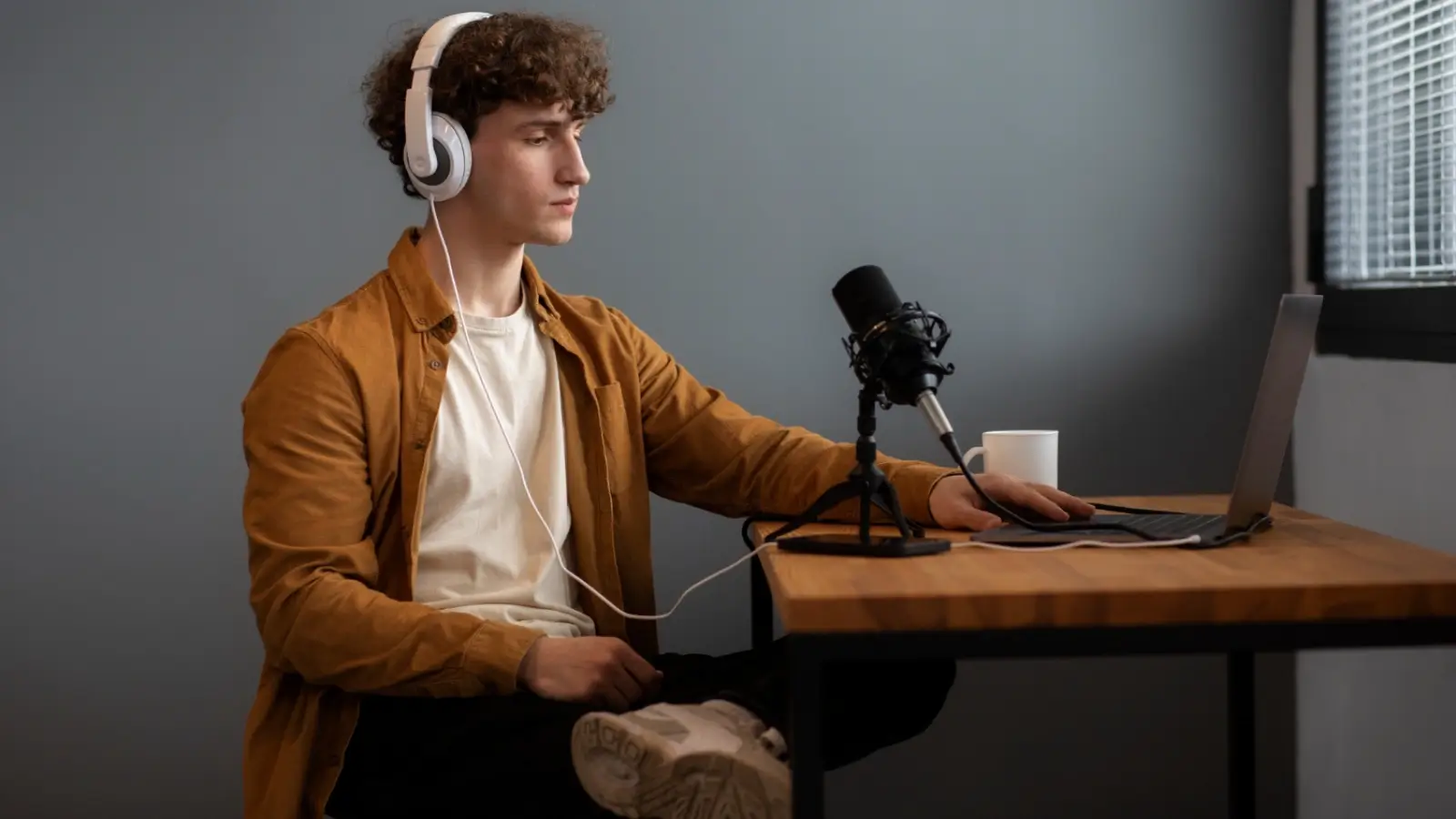


In the case of podcasters, editing remains the most tedious aspect of their work on most occasions. You need to re-record each time that you make a mistake. Voice cloning is going to change that. A host can just type in a correction for the word or sentence that was accidentally spoken during the recording, and the AI will produce the corrected audio in the host’s voice. This way, "punch-in" edits can be done without even putting a microphone back in the recording position.
Imagine a podcast where the advertisements are so targeted to the individual listening that they are the only ones that would be interested. Vocal AI is making this dream come true. That is, dynamic ad insertion platforms can use AI to create ad reads in real-time.
With this option, personalization goes beyond limits:
The ads may include the listener's location as one of the factors.
The vocal AI can choose a voice and accent that are in line with the listener's age group and other demographic aspects.
The ad text can be tested differently and changed in an instant without the host having to record anything again.
As AI progresses, the gap between the human and the machine voice is getting smaller, and, in the unlikely event that we will one day achieve the stage where the machine can generate voices that almost match the human ones, the phenomenon of the uncanny valley may take place. The voice of an almost perfect output and with slight deformities, can turn out to be perceived as scary or spooky to the listener. A voice that is somehow out of pitch may be even more irritating than one that is too artificial.
Always perform your AI-generated audio tests with real audiences.
Solicit opinions on whether the voice is captivating or off-putting.
Ready to issue a different voice or make a minor audio edit to escape the uncanny effect? Then be prepared.
A podcast script possibly has secret info, interview restrictions, or merely pure creative work that you do not plan to expose yet. Trust is painful when it comes to uploading such a script to a server template of a third party. You should know that the service permitting you to create audio for the entire episode will not retain, distribute, or analyze your content. Search through the services that openly declare the policy of considering user inputs as confidential, and not using them for training vocal AI models.
One of the major sources of leave-no-one-out enjoyment in podcasts is the unexpected and unrehearsed chatter among the hosts. Vocal AI, however, is by nature a TTS (text-to-speech) technology, which necessitates a script. It is unable to improvise, interact in real-time with a co-host, or take an unscripted tangent. Consequently, if AI can be very useful in producing scripted narrations or ads, it still cannot replace the liveliness and unplanned chemistry of human hosts.
There is no doubt that the future of podcasting will be influenced by Vocal AI, mainly due to the fact that it will streamline production workflows and allow for hyper-personalized advertising. The technology will not take over the spontaneous and engaging chemistry of human hosts, but rather, it is going to be an essential tool behind the scenes. For creators, the mastery of this tool will be the key to producing higher-quality content more efficiently in an increasingly competitive environment.